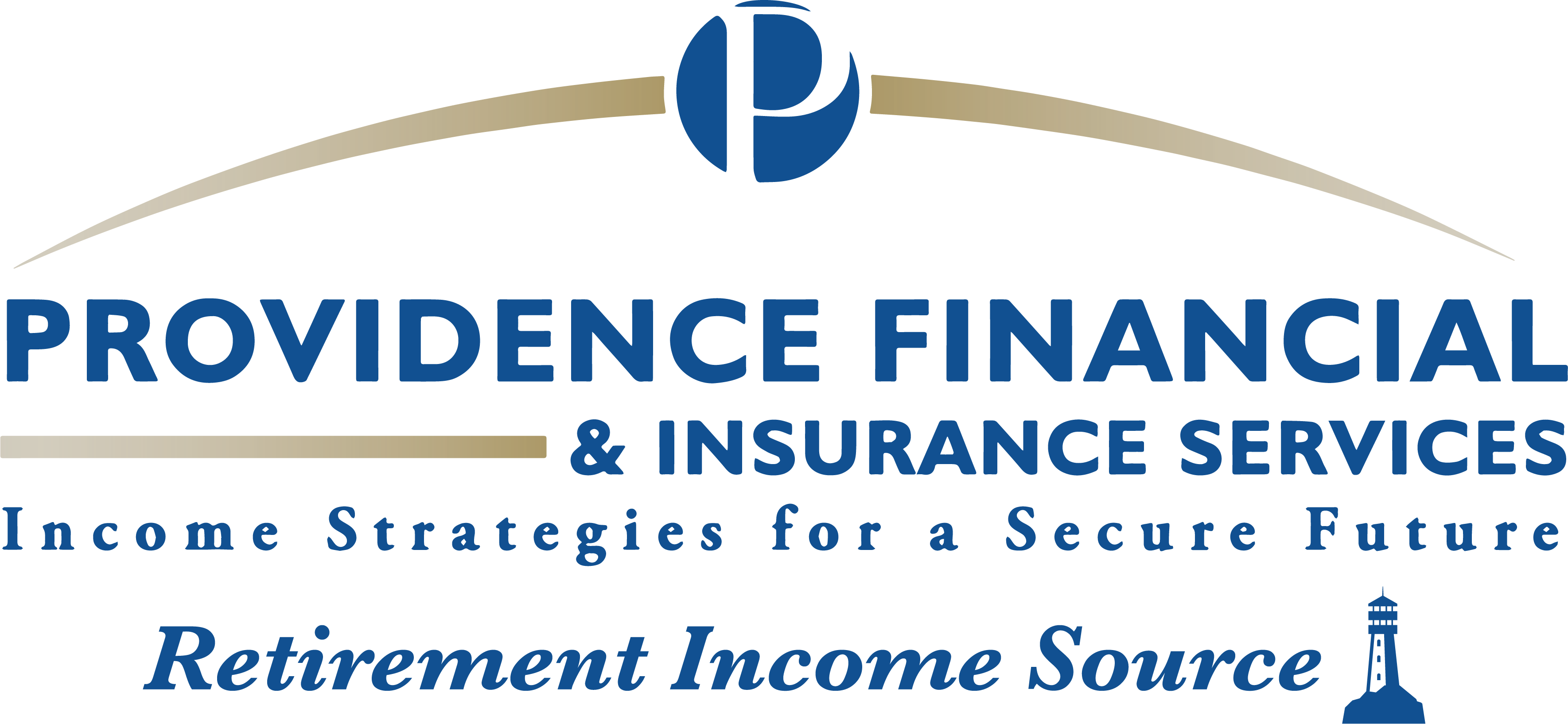IRA or Roth IRA – Which Is Better?
The choice between a Traditional IRA (Individual Retirement Account) and a Roth IRA depends on your financial goals, current tax situation, and future expectations. Here are some key differences we’ll touch on during this show:
– Tax Treatment:
Traditional IRA: Contributions are often tax-deductible, meaning you can reduce your taxable income in the year you make the contribution. However, withdrawals in retirement are taxed as ordinary income.
Roth IRA: Contributions are made with after-tax dollars, so there’s no immediate tax deduction. However, qualified withdrawals (after age 59½ and the account has been open for at least five years) are tax-free.
– Withdrawal Rules:
Traditional IRA: Required Minimum Distributions (RMDs) are mandatory once you reach age 72, and you must start withdrawing a certain amount annually. Early withdrawals (before age 59½) may incur penalties.
Roth IRA: There are no RMDs during the original account owner’s lifetime. You can also withdraw your contributions (but not earnings) at any time without penalties or taxes.
– Income Limits:
Traditional IRA: There are no income limits for contributing, but the tax deductibility of contributions may be limited if you or your spouse are covered by a workplace retirement plan.
Roth IRA: There are income limits that determine whether you can contribute directly to a Roth IRA. If your income exceeds these limits, you may need to use a backdoor Roth IRA strategy.
– Flexibility:
Traditional IRA: Offers a potential tax benefit today, but you’ll pay taxes on withdrawals in retirement.
Roth IRA: Taxes are paid upfront, but qualified withdrawals in retirement are tax-free.
– Future Tax Rates:
Consider your expectations for future tax rates. If you anticipate being in a higher tax bracket in retirement, a Roth IRA might be more advantageous.
Ultimately, the “better” choice depends on your individual circumstances, including your current income, tax situation, and retirement goals. Listen in for more; we also cover Social Security in the latter part of the show.
The “Make Your Millions Last” Formula
Welcome to this week’s show – you’ll notice it’s twice as long as usual. With recent topics requiring more air time, rather than breaking up the topic into two shows, we’re switching to one weekly podcast which will be released every Monday at 5 AM PST. Reach out to info@providencefinancialinc.com and let us know what you think about this change. We hope you find it helpful.
And now – on with this week’s podcast. Did you know there’s an actual financial formula that can help you make your millions (or hundreds of thousands, or however much you have) last throughout your retirement years? Here it is:
“Live off your interest and don’t touch your principal.”
In this show, we’re going to show you how to make this formula work in real life and how you can get more interest from your investments than you actually thought possible.
We’re also going to dispel the myth that you can’t create an income by being invested in the stock market – and much more. Listen in.
New Year’s Financial Tune-Up – Part 2
There’s no better time than the beginning of the year (and just a few months before tax time) to take an overview of your financial picture and make any necessary tweaks and tune-ups.
This show is Part 2 of our previous podcast which aired on Monday and we finish covering 8 areas you may want to take a look at:
1. review your retirement goals
2. review your investment portfolio
3. tax planning
4. income planning
5. health care expenses
6. budgeting and spending
7. optimizing your Social Security benefits strategy
8. estate planning
Listen in.
New Year’s Financial Tune-Up – Part 1
There’s no better time than the beginning of the year (and just a few months before tax time) to take an overview of your financial picture and make any necessary tweaks and tune-ups.
In this show and the next, we cover 8 areas you may want to take a look at:
1. review your retirement goals
2. review your investment portfolio
3. tax planning
4. income planning
5. health care expenses
6. budgeting and spending
7. optimizing your Social Security benefits strategy
8. estate planning
Listen in.
Retirement Planning Checklist – Part 2
When do I take Social Security?
How do I handle Required Minimum Distributions?
Do I need Long Term Care Insurance?
Should I position myself more towards income rather than growth as I get closer to retirement?
Listen in.
Retirement Planning Checklist – Part 1
When do I take Social Security?
How do I handle Required Minimum Distributions?
Do I need Long Term Care Insurance?
Should I position myself more towards income rather than growth as I get closer to retirement?
These are just some of the retirement topics we’ll cover during this show and the next. Listen in.
